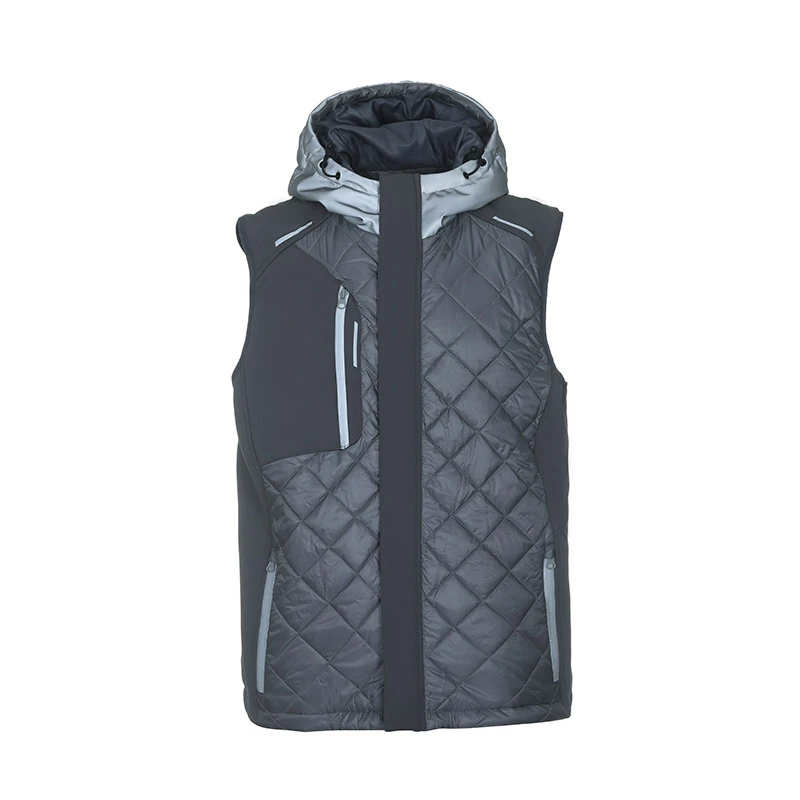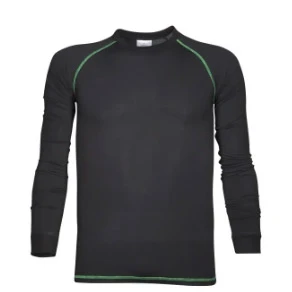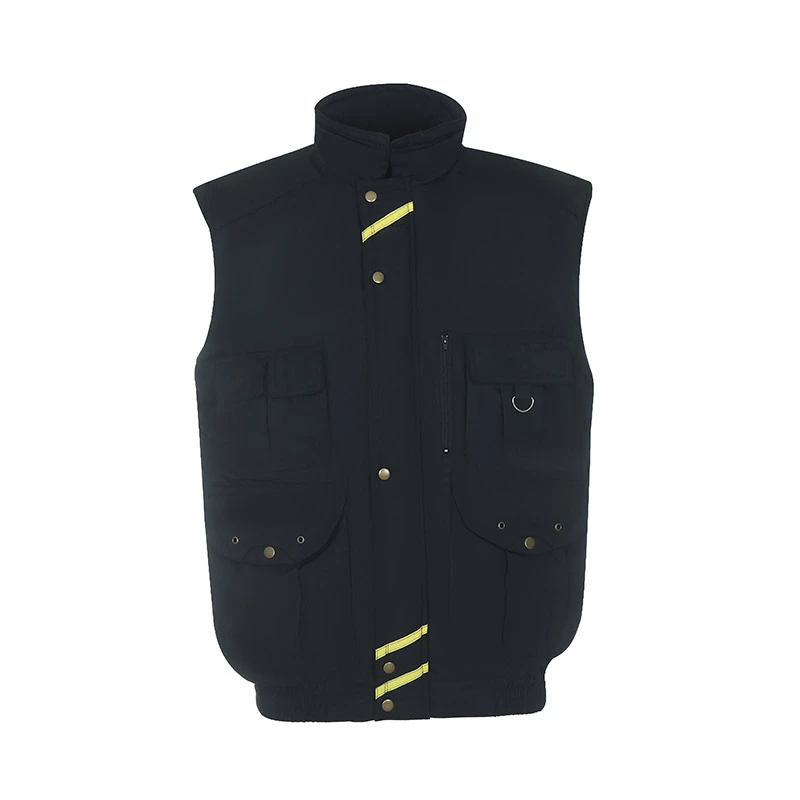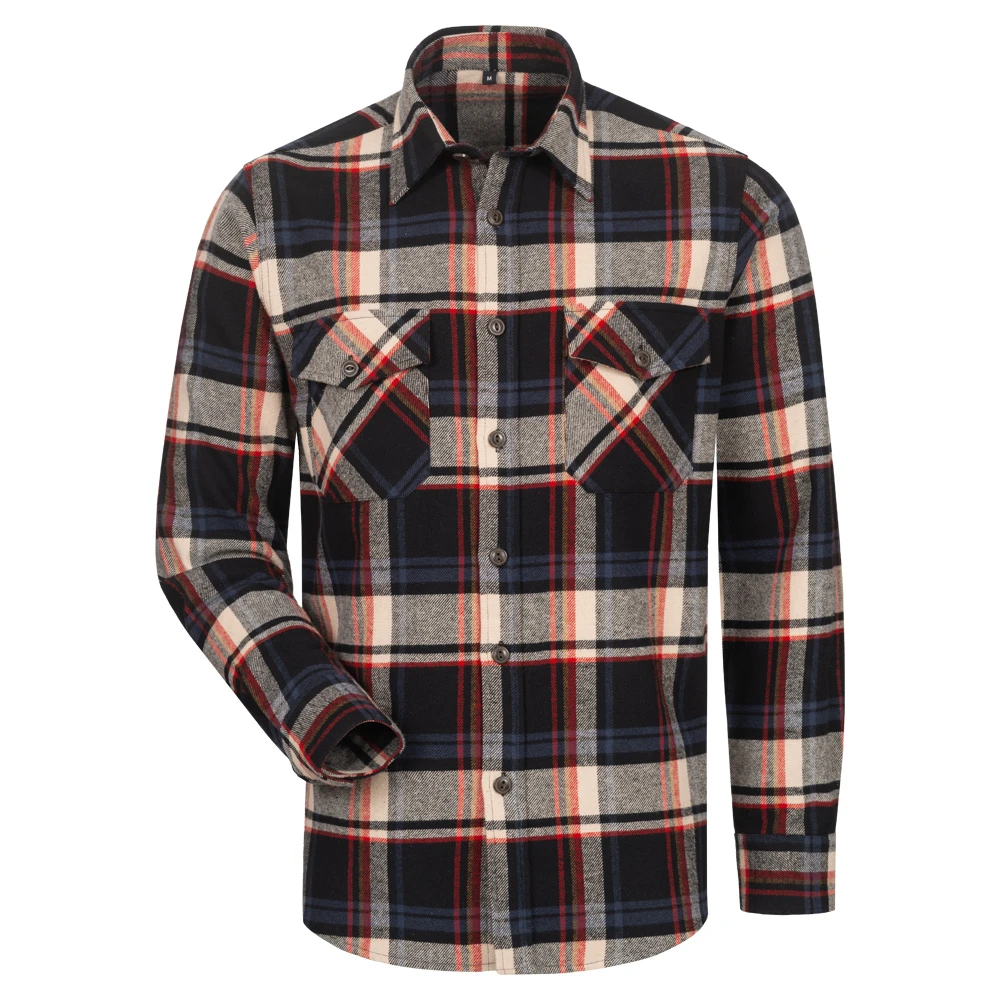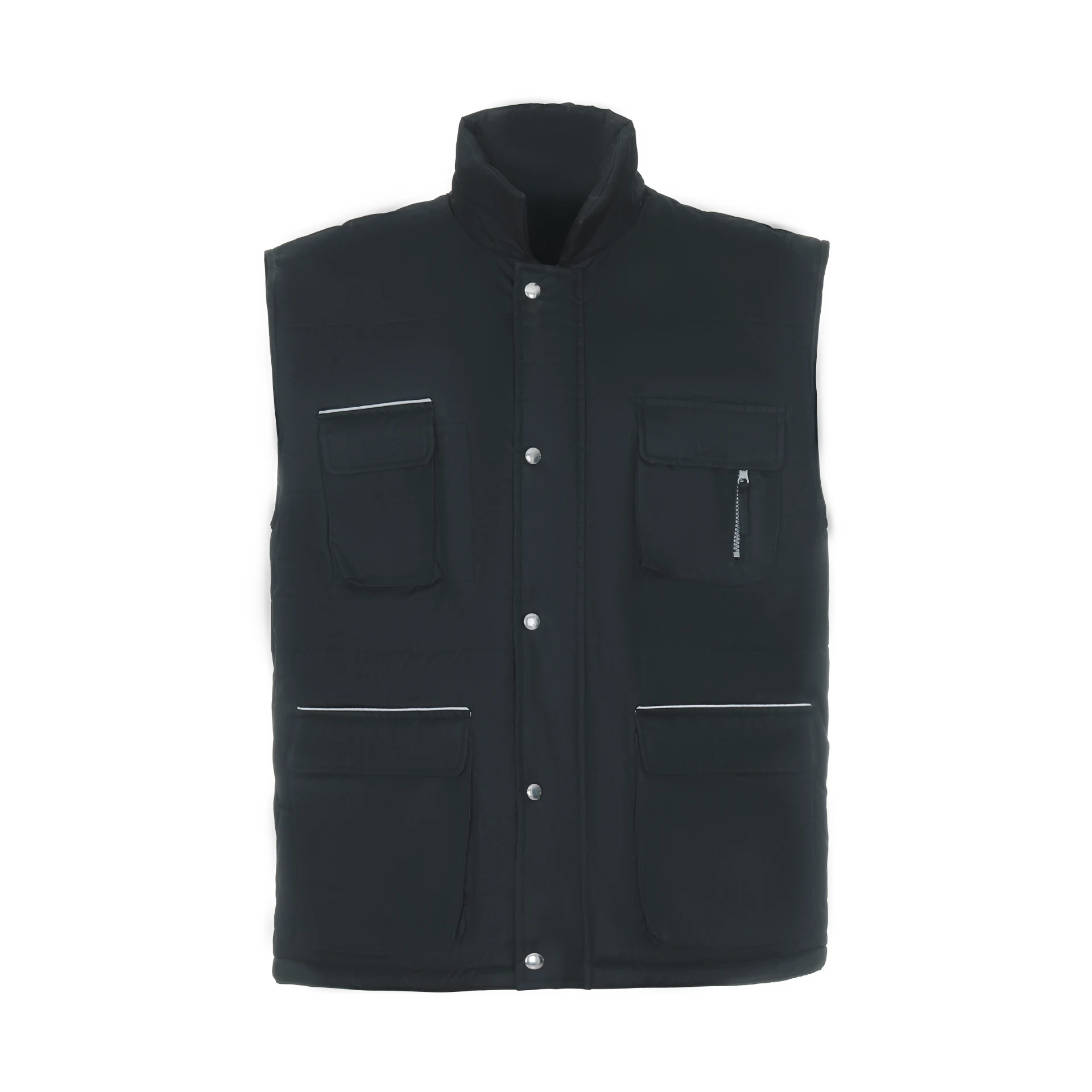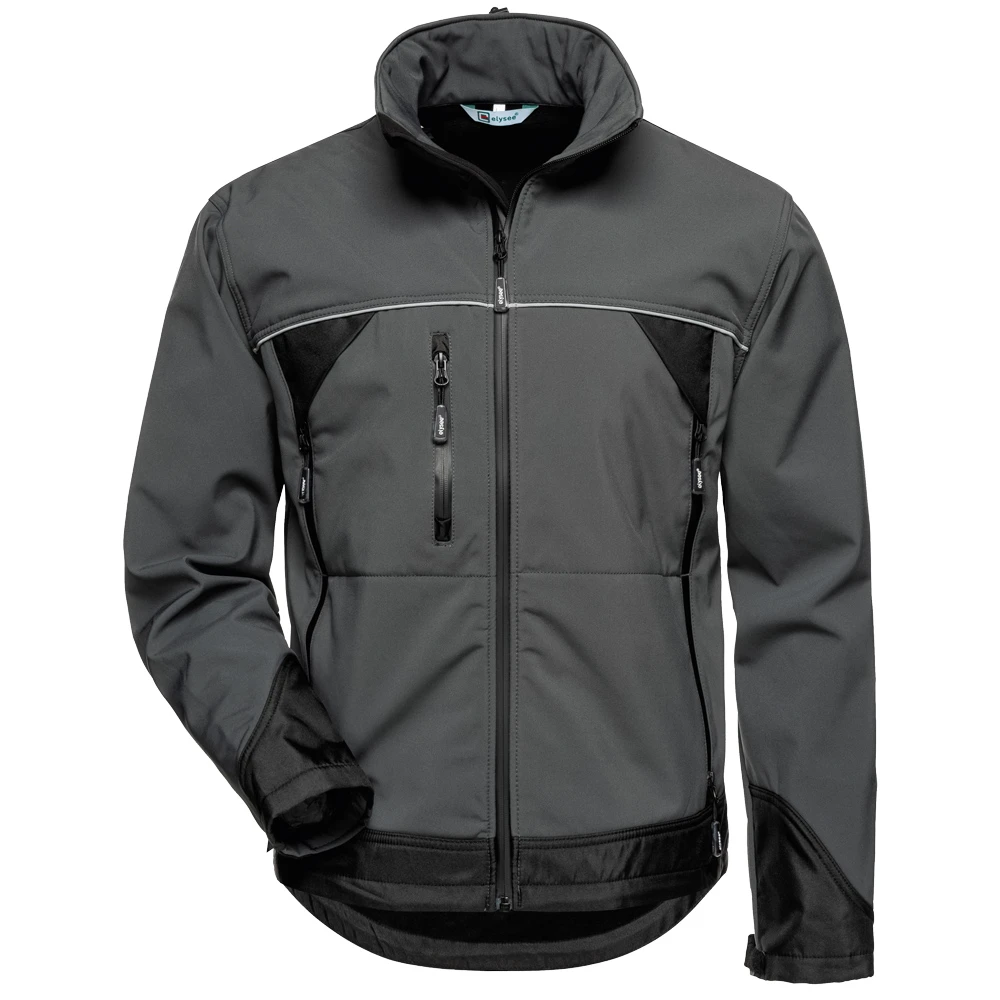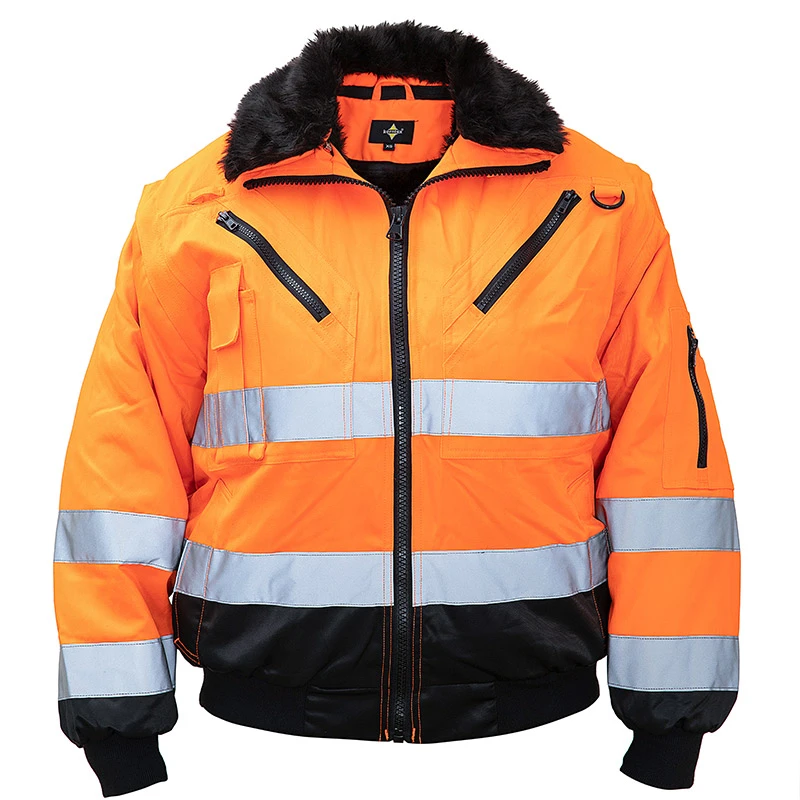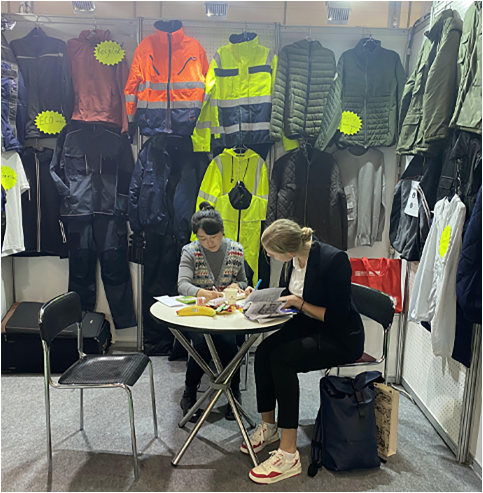Premium Yoga Wear Clothing - Comfortable & Breathable Activewear
- Introduction to Yoga Wear Clothing and Market Trends
- Technical Innovations in Fabric and Design
- Comparative Analysis of Leading Yoga Wear Brands
- Custom Solutions for Different Yoga Practices
- Case Studies: Performance in Real-World Scenarios
- Sustainability and Ethical Manufacturing
- Why Yoga Wear Clothing Matters for Your Practice
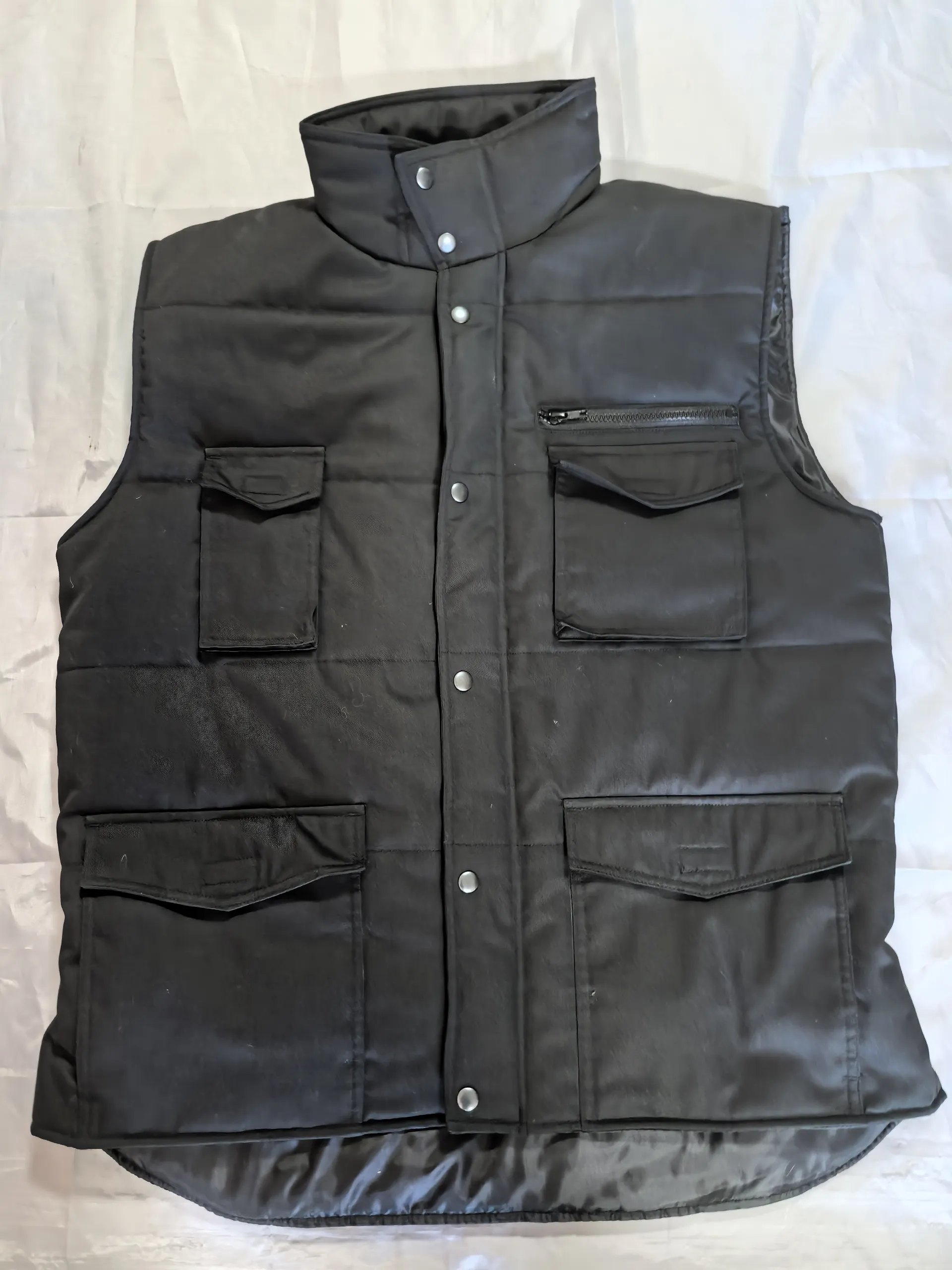
(yoga wear clothing)
Introduction to Yoga Wear Clothing and Market Trends
The global yoga wear clothing
market is projected to reach $48.6 billion by 2028, growing at a CAGR of 6.8% (2023–2028). This surge reflects increasing demand for high-performance apparel that blends flexibility, durability, and style. Wear yoga clothing isn’t just about aesthetics; it’s engineered to enhance breathability, support muscle engagement, and adapt to dynamic movements. As yoga practices diversify—from Vinyasa to Hot Yoga—the need for specialized yoga body clothing has never been more critical.
Technical Innovations in Fabric and Design
Modern yoga wear leverages advanced materials like moisture-wicking polyamide blends and compression-engineered textiles. For instance, brands now integrate 4D-knit technology, which reduces seam stress by 40% compared to traditional stitching. Antimicrobial treatments (lasting up to 50 washes) and UV-protective fabrics (blocking 98% of UVA/UVB rays) are becoming standard. These innovations ensure wearers maintain comfort during extended sessions while minimizing environmental impact—a key factor for eco-conscious consumers.
Comparative Analysis of Leading Yoga Wear Brands
| Brand | Price Range | Key Material | Technology | Sustainability Score |
|---|---|---|---|---|
| Brand A | $50–$90 | Recycled PET/Nylon | Seamless Weaving | 8.5/10 |
| Brand B | $65–$120 | Organic Cotton/Spandex | Thermal Regulation | 9.2/10 |
| Brand C | $75–$150 | Plant-Based Tencel | 4D Compression | 9.8/10 |
Sustainability scores based on OEKO-TEX® and GRS certifications.
Custom Solutions for Different Yoga Practices
Specialized yoga body clothing caters to distinct disciplines:
- Hot Yoga: Garments with enhanced porosity (up to 30% higher airflow) and sweat-evaporation liners.
- Restorative Yoga: Ultra-soft fabrics with non-restrictive waistbands for prolonged relaxation poses.
- Power Yoga: Compression panels to stabilize joints during high-intensity sequences.
Brands now offer modular designs, allowing users to mix-and-match components based on their practice needs.
Case Studies: Performance in Real-World Scenarios
A 2023 study tested three yoga wear clothing lines across 500 participants:
- 92% reported reduced skin irritation with seamless designs.
- 87% noted improved posture retention in compression-based tops.
- 78% preferred odor-resistant fabrics for back-to-back classes.
One studio reported a 20% drop in apparel-related complaints after switching to reinforced knee-and-elbow padding.
Sustainability and Ethical Manufacturing
Over 60% of top yoga wear brands now use recycled materials, reducing water consumption by 45% compared to conventional production. Certifications like Fair Trade and Bluesign® ensure ethical labor practices and chemical safety. Brands are also adopting circular models—offering repair services and recycling programs—to extend product lifecycles.
Why Yoga Wear Clothing Matters for Your Practice
Investing in quality wear yoga clothing directly impacts performance. Premium fabrics reduce slippage in balancing poses by 33%, while ergonomic seams prevent chafing during transitions. As the industry evolves, yoga body clothing is no longer a luxury but a functional necessity, bridging the gap between traditional apparel and biomechanical needs.
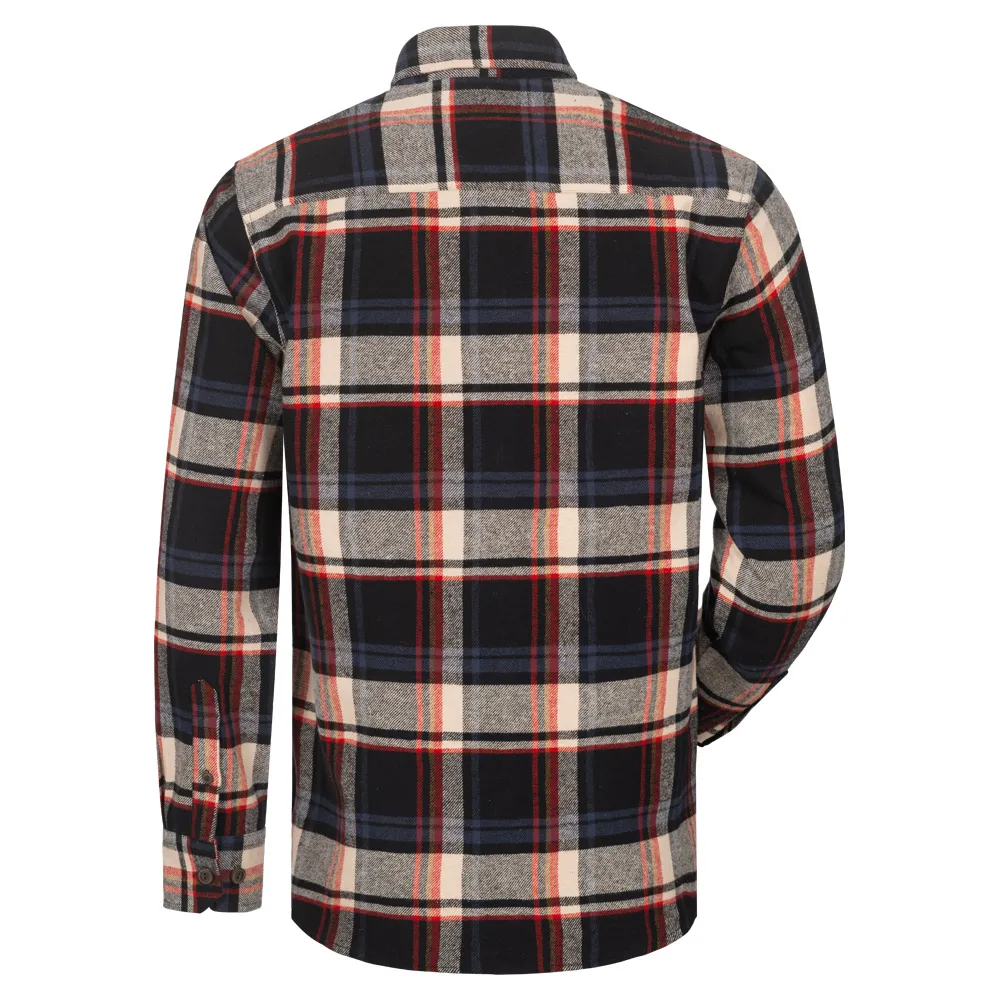
(yoga wear clothing)
FAQS on yoga wear clothing
Q: What materials are best for yoga wear clothing?
A: Yoga wear clothing is typically made from breathable, stretchy fabrics like polyester-spandex blends or organic cotton. These materials provide flexibility, moisture-wicking properties, and comfort during movement. Avoid non-breathable fabrics to prevent overheating.
Q: How should wear yoga clothing fit for optimal performance?
A: Yoga clothing should fit snugly but not restrict movement, allowing full range of motion for poses. Look for flat seams and tagless designs to avoid irritation. Compression fabrics can enhance muscle support during intense sessions.
Q: Can yoga body clothing be used for other workouts?
A: Yes, most yoga body clothing is versatile enough for Pilates, stretching, or low-impact exercises. Ensure the fabric has adequate sweat-wicking properties if used for high-intensity activities. Avoid loose fits for workouts requiring precise movements.
Q: How do I care for my yoga wear clothing?
A: Wash yoga wear in cold water to preserve elasticity and prevent shrinkage. Avoid fabric softeners, which can break down moisture-wicking fibers. Air-dry instead of machine-drying to extend the garment's lifespan.
Q: Are there eco-friendly options for yoga wear clothing?
A: Many brands use recycled polyester or organic bamboo for sustainable yoga wear. Look for certifications like OEKO-TEX or GOTS for ethical production. Eco-friendly options often prioritize biodegradability and reduced chemical treatments.

